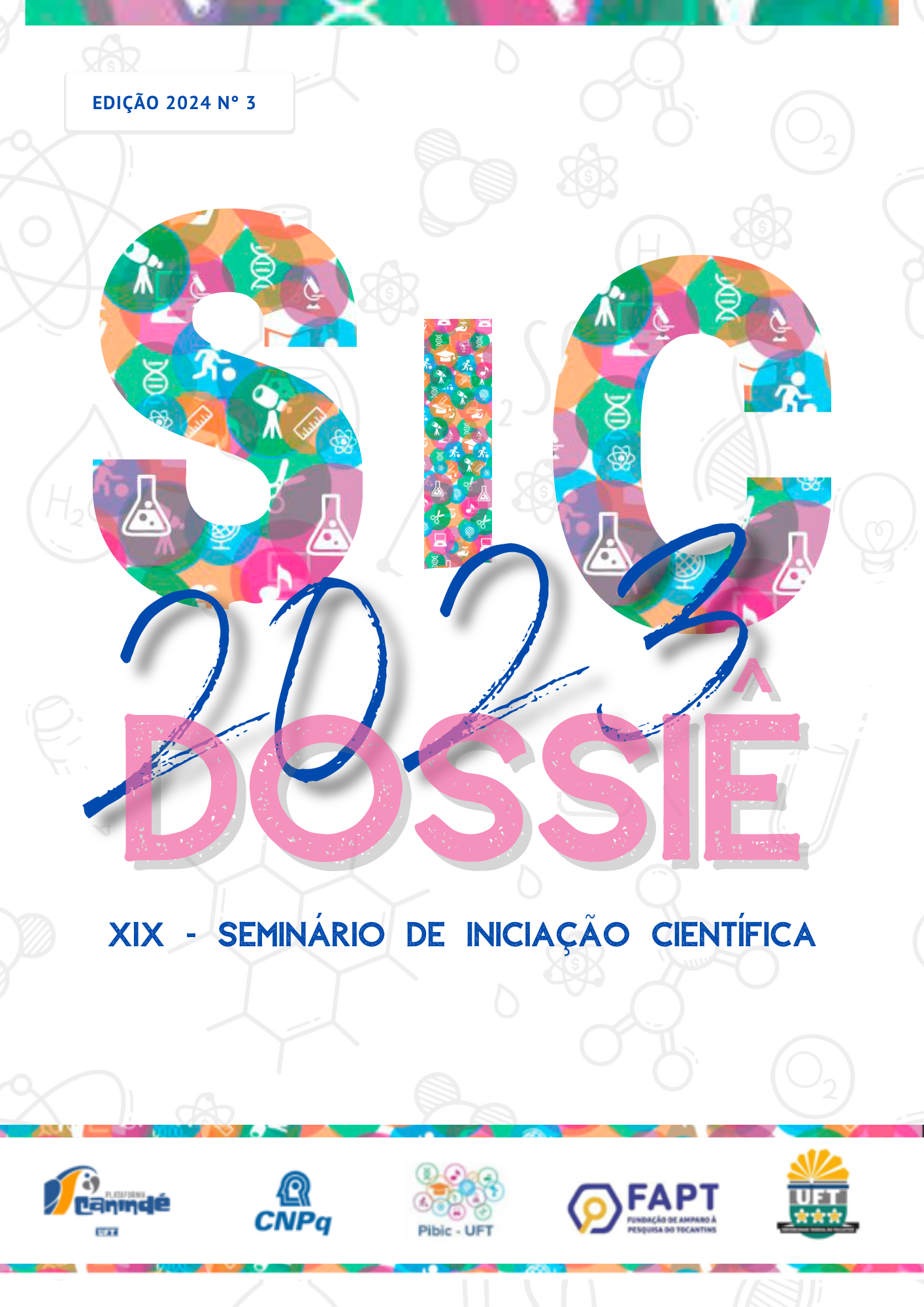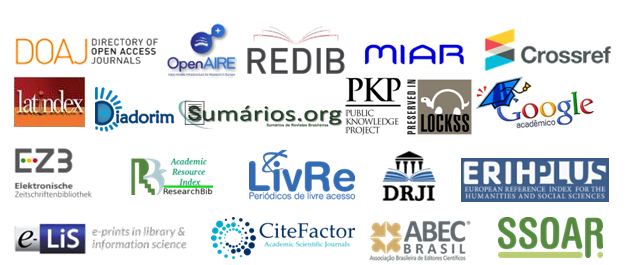SONO, CONTEXTO ACADÊMICO E PERCEPÇÃO SUBJETIVA DE ESTRESSE EM ESTUDANTES UNIVERSITÁRIOS EM PERÍODO PANDÊMICO: 24H-MESYN STUDY
DOI:
https://doi.org/10.20873/2024_v3_24Abstract
General Theme: Biological and Health Sciences Objective: To examine whether there is an association between sleep, academic context and perceived stress in university students during the COVID-19 pandemic. Methods: This is a cross-sectional study that evaluated 195 university students (68.7% female; 44.6% aged between 21 and 25 years old; 65.8% enrolled in health sciences; 24.5% enrolled in the 1st to the 3rd semester). Data was collected in the first half of 2021. We collected measures online using the Perceived Stress Scale (14 items) and the Pittsburgh Sleep Quality Index (19 items). We evaluated the scores of the positive and negative stress dimensions as outcomes (representing the perception of self-efficacy and helplessness). Shifts, schedule, number of classes enrolled and hours of study per day; and, habitual sleep time (hours per night) and routine (waking up and sleeping) as exposures. We examined associations using multilevel linear regression. Results: In our study, we did not observe a relationship between the academic context, and sleep duration and routine with the positive domain of perceived stress. On the other hand, we observed that the number of classes enrolled (β = 0.73 [95% CI 0.20 to 1.26]) and bedtime (β = -0.11 [95% CI -0.17 to -0.04]) were associated with the negative dimension of perceived stress. Conclusion: The number of classes enrolled and bedtime were associated with perceived helplessness, resulting in increased perceived stress in university students from low-income regions during the COVID-19 pandemic.
Keywords: Sleep; stress; students.
Downloads
Published
How to Cite
Issue
Section
License
Copyright (c) 2024 Jacyara Christina Carvalho Azevedo, Alaiana Marinho Franco, Marcus Vinicius Nascimento Ferreira

This work is licensed under a Creative Commons Attribution-NonCommercial 4.0 International License.
Autores que publicam nesta revista concordam com os seguintes termos:
1. Autores mantém os direitos autorais e concedem à revista o direito de primeira publicação, com o trabalho simultaneamente licenciado sob a Creative Commons Attribution License (CC BY-NC 4.0), permitindo o compartilhamento do trabalho com reconhecimento da autoria do trabalho e publicação inicial nesta revista.
2. Autores têm autorização para assumir contratos adicionais separadamente, para distribuição não-exclusiva da versão do trabalho publicada nesta revista (ex.: publicar em repositório institucional ou como capítulo de livro), com reconhecimento de autoria e publicação inicial nesta revista.
3. Autores têm permissão e são estimulados a publicar e distribuir seu trabalho online (ex.: em repositórios institucionais ou na sua página pessoal) a qualquer ponto posterior ao processo editorial.
4. Além disso, o AUTOR é informado e consente com a revista que, portanto, seu artigo pode ser incorporado pela DESAFIOS em bases e sistemas de informação científica existentes (indexadores e bancos de dados atuais) ou a existir no futuro (indexadores e bancos de dados futuros), nas condições definidas por este último em todos os momentos, que envolverá, pelo menos, a possibilidade de que os titulares desses bancos de dados possam executar as seguintes ações sobre o artigo:
a. Reproduzir, transmitir e distribuir o artigo, no todo ou em parte sob qualquer forma ou meio de transmissão eletrônica existente ou desenvolvida no futuro, incluindo a transmissão eletrônica para fins de pesquisa, visualização e impressão;
b. Reproduzir e distribuir, no todo ou em parte, o artigo na impressão.
c. Capacidade de traduzir certas partes do artigo.
d. Extrair figuras, tabelas, ilustrações e outros objetos gráficos e capturar metadados, legendas e artigo relacionado para fins de pesquisa, visualização e impressão.
e. Transmissão, distribuição e reprodução por agentes ou autorizada pelos proprietários de distribuidoras de bases de dados.
f. A preparação de citações bibliográficas, sumários e índices e referências de captura relacionados de partes selecionadas do artigo.
g. Digitalizar e / ou armazenar imagens e texto de artigo eletrônico.


